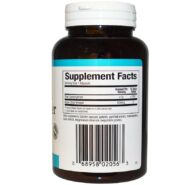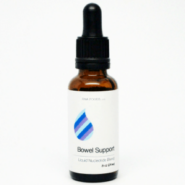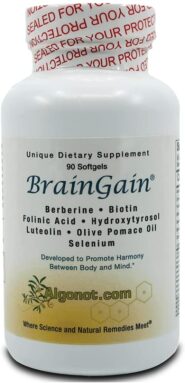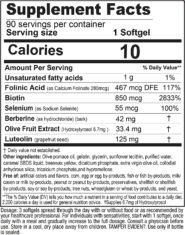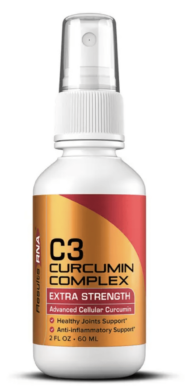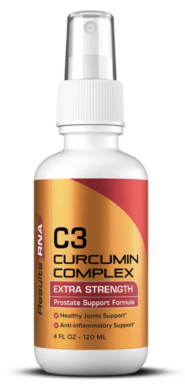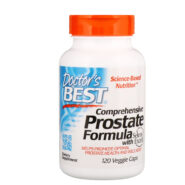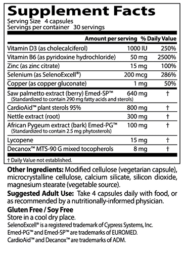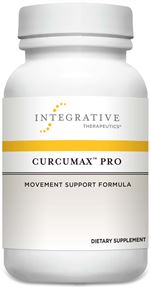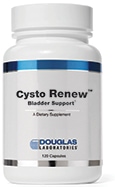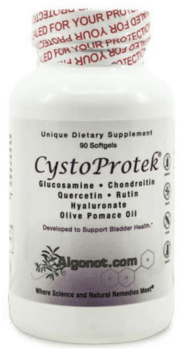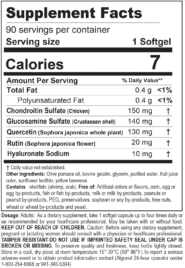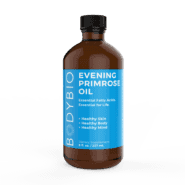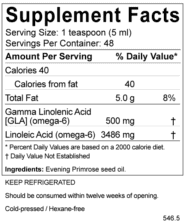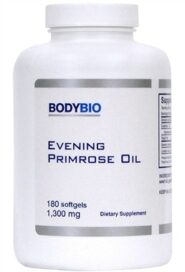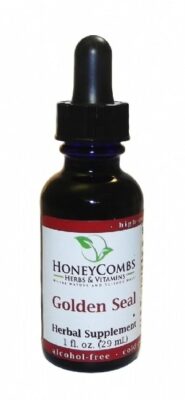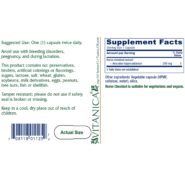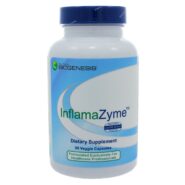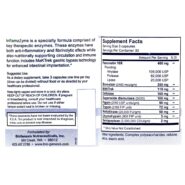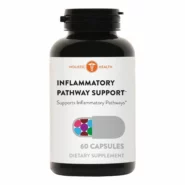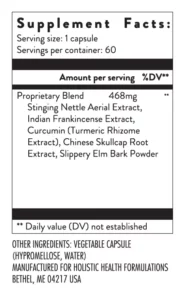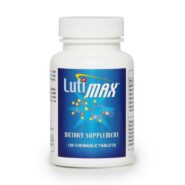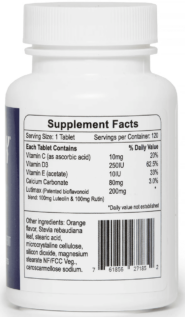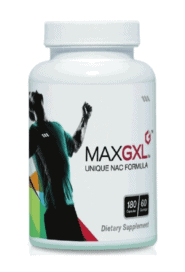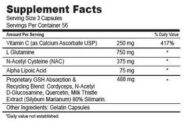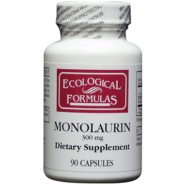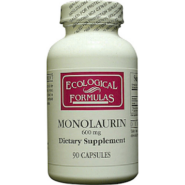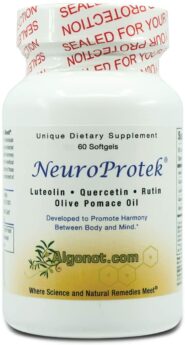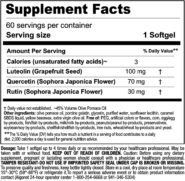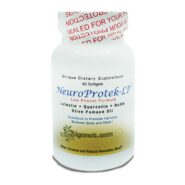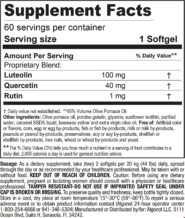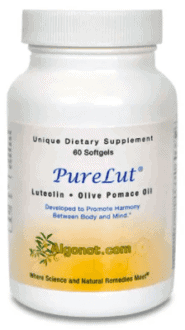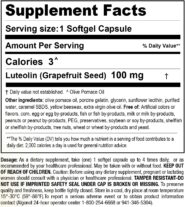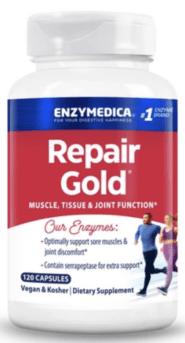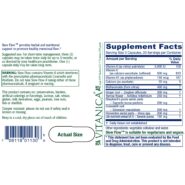Anti-inflammatory Health Supplements Online
Inflammation is a sign that the body’s immune system is active in a certain area. When white blood cells go to an area to fight an infection, they release a number of chemicals that cause the area to swell and often become tender. Outward signs of inflammation depend on where it is located, but can include the area being warm to the touch, stiff, and swollen.
When joints become inflamed, they can be difficult to move, stiff, and sore. Pain may accompany movement, and in extreme cases it can become impossible to move the joint because of the swelling. When other areas become inflamed, there may be redness to the skin tone as well as a noticeable warmth in that area.
With a severe infection and immune system reaction, there may also be other symptoms that go along with the localized one. The individual may feel achy, and the muscles of the body can become tired and sore. With a major immune system response, there may be fatigue and a fever that spreads beyond the immediate area of infection.
When inflammation develops in the joints, it can cause the painful condition known as arthritis. This usually occurs when the immune system overreacts and attacks healthy tissues, a condition known as an autoimmune disorder. These disorders can take a number of different forms and create problems throughout the body, depending on what the immune system is attacking. For example, colitis occurs when an autoimmune response causes inflammation and swelling in the large intestine, disrupting the function of the gastrointestinal system.
There is also a type of mild inflammation that is not as noticeable and yet potentially dangerous. Atherogenesis is a form of inflammation that develops in an individual’s arteries. Behaviors such as smoking and conditions such as high blood pressure increase the chances of this inflammation of the arteries happening. When it does happen, it constricts the vessels and makes it more difficult for blood to flow. As a result, deposits can build up and place the individual at risk for developing heart disease.
Depending on the location and type of swelling,individuals may be treated in a variety of ways. Anti-inflammatory medications can help reduce areas of swelling. Some types of mild steroids can also be prescribed to help speed up the body’s response to the treatment. In some cases, pain may be managed with other medications, or there may be a specific treatment to eliminate the ailment causing the inflammation.


